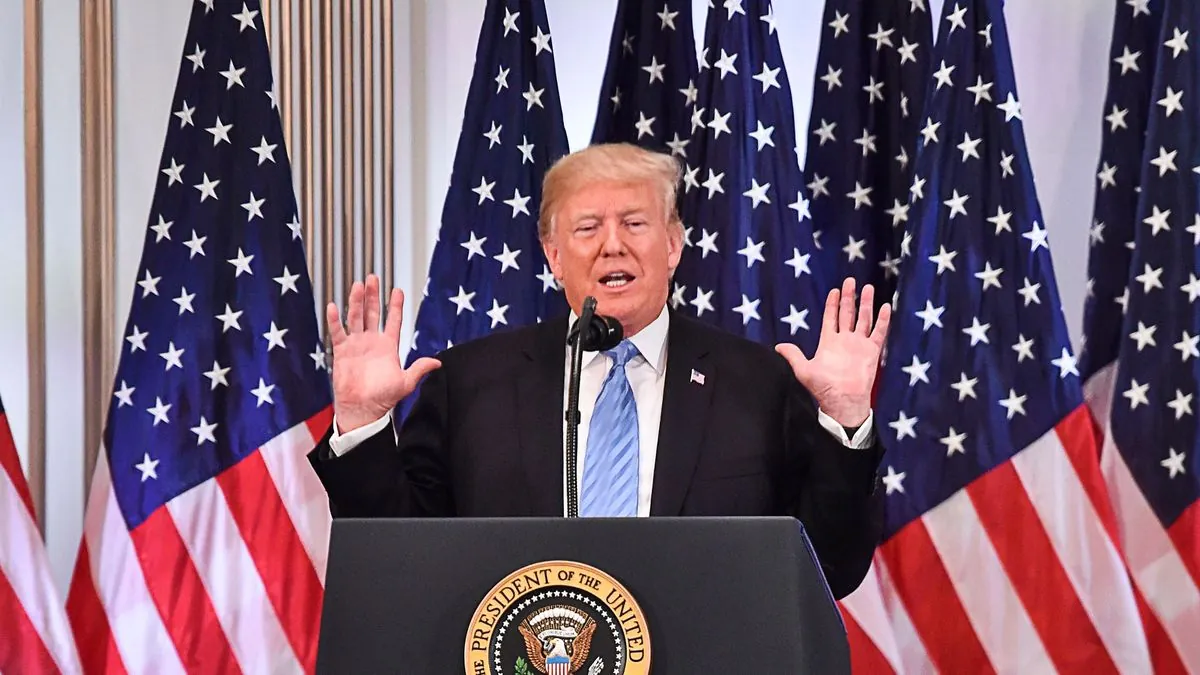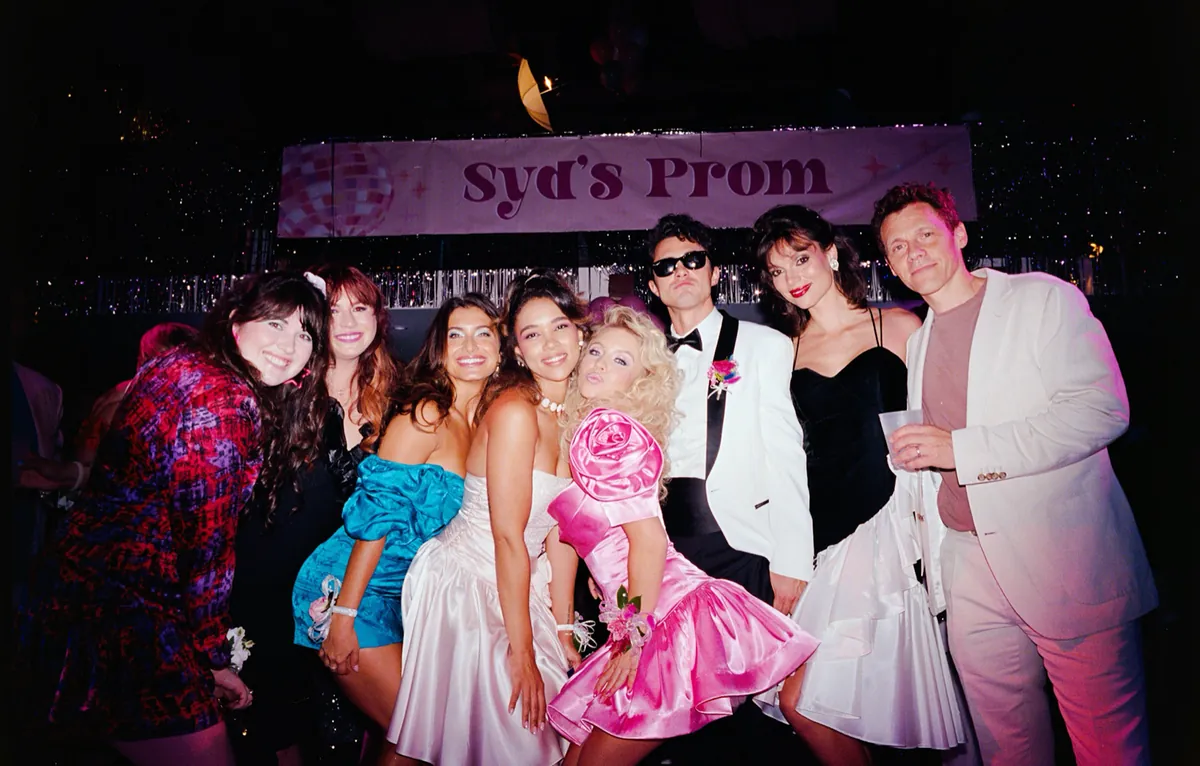Trump Challenges Carroll Verdict, Questions Photo Authenticity
Former President Trump contests E. Jean Carroll case verdict, suggesting photo evidence could be AI-generated. His claims face scrutiny as he attempts to sway public opinion following the civil trial outcome.

In a recent development, Donald Trump, the former U.S. President, has taken steps to challenge the verdict in the civil trial that found him liable for sexually assaulting writer E. Jean Carroll. Following an unsuccessful attempt in court, Trump held a press conference at Trump Tower to present his case to the public.
The crux of Trump's defense revolves around a photograph that places him and Carroll together at an NBC event in the late 1980s. This image, which contradicts Trump's earlier claims of never meeting Carroll, has become a focal point of the controversy.
"All I can say is that I never met the woman other than this picture, which could have been AI-generated, I don't know."
Trump's suggestion that the photo might be artificially generated is unfounded. The image was published in a 2019 New York magazine article, predating the widespread availability of sophisticated AI image generation technology. Even with today's advancements, creating such a detailed and contextually accurate image would be challenging.

Interestingly, during a deposition for Carroll's lawsuit, Trump misidentified Carroll in the photo as Marla Maples, his second wife. This misidentification contradicts his later claims about Carroll's appearance.
Trump's defense strategy appears scattered, relying on handwritten notes on campaign stationery to raise various points of doubt. Some key arguments include:
- Lack of police report
- Absence of witnesses
- Questioning the authenticity of the photo
- Emphasizing his celebrity status at the time
It's worth noting that civil trials, unlike criminal proceedings, do not require proof beyond a reasonable doubt. This legal distinction may impact public perception of the case's outcome.
The controversy surrounding Trump extends beyond this case. In 2016, he faced backlash over the "Access Hollywood" tape, where he described behavior similar to Carroll's allegations. At the time, Trump reportedly told allies the audio was inauthentic, despite initially admitting to the comments.
As the 2024 presidential race approaches, with Trump having announced his candidacy in November 2022, this legal battle and its public fallout may significantly impact his campaign. The court of public opinion, which Trump is now appealing to, could play a crucial role in shaping the narrative around this case and its implications for his political future.


































